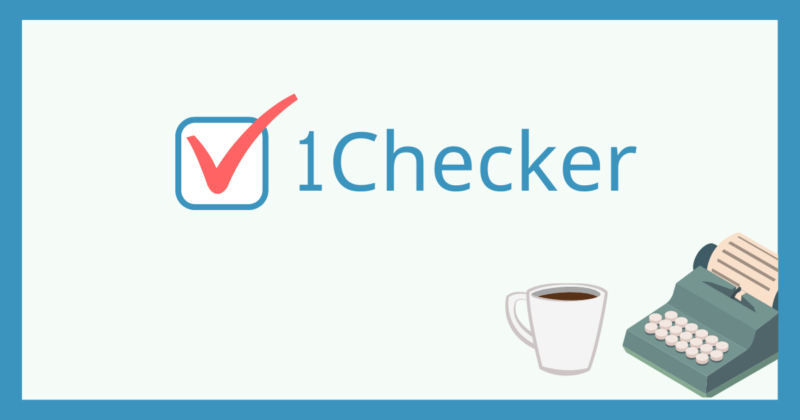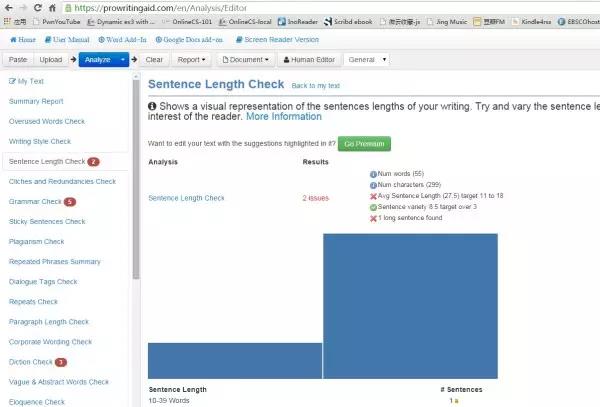
Reads the registry for installed applications Reads information about supported languages
#1CHECKER WINDOWS 8.1 WINDOWS#
Malware, tools, or other non-native files dropped or created on a system by an adversary may leave traces behind as to what was done within a network and how.Īdversaries can use methods of capturing user input for obtaining credentials for ] and information ] that include keylogging and user input field interception.Ĭontains ability to retrieve keyboard strokesĪdversaries may attempt to gather information about attached peripheral devices and components connected to a computer system.įound an IP/URL artifact that was identified as malicious by a significant amount of reputation enginesĪdversaries may interact with the Windows Registry to gather information about the system, configuration, and installed software.
#1CHECKER WINDOWS 8.1 CODE#
Process injection is a method of executing arbitrary code in the address space of a separate live process.Īllocates virtual memory in a remote processĪdversaries may interact with the Windows Registry to hide configuration information within Registry keys, remove information as part of cleaning up, or as part of other techniques to aid in ] and ]. Installs hooks/patches the running process Windows processes often leverage application programming interface (API) functions to perform tasks that require reusable system resources. Modifies auto-execute functionality by setting/creating a value in the registry

#1CHECKER WINDOWS 8.1 DRIVER#
Opens the Kernel Security Device Driver (KsecDD) of WindowsĪdding an entry to the "run keys" in the Registry or startup folder will cause the program referenced to be executed when a user logs in. Loadable Kernel Modules (or LKMs) are pieces of code that can be loaded and unloaded into the kernel upon demand.Ĭontains ability to enumerate processes/modules/threads

Adversaries may execute a binary, command, or script via a method that interacts with Windows services, such as the Service Control Manager.


 0 kommentar(er)
0 kommentar(er)
